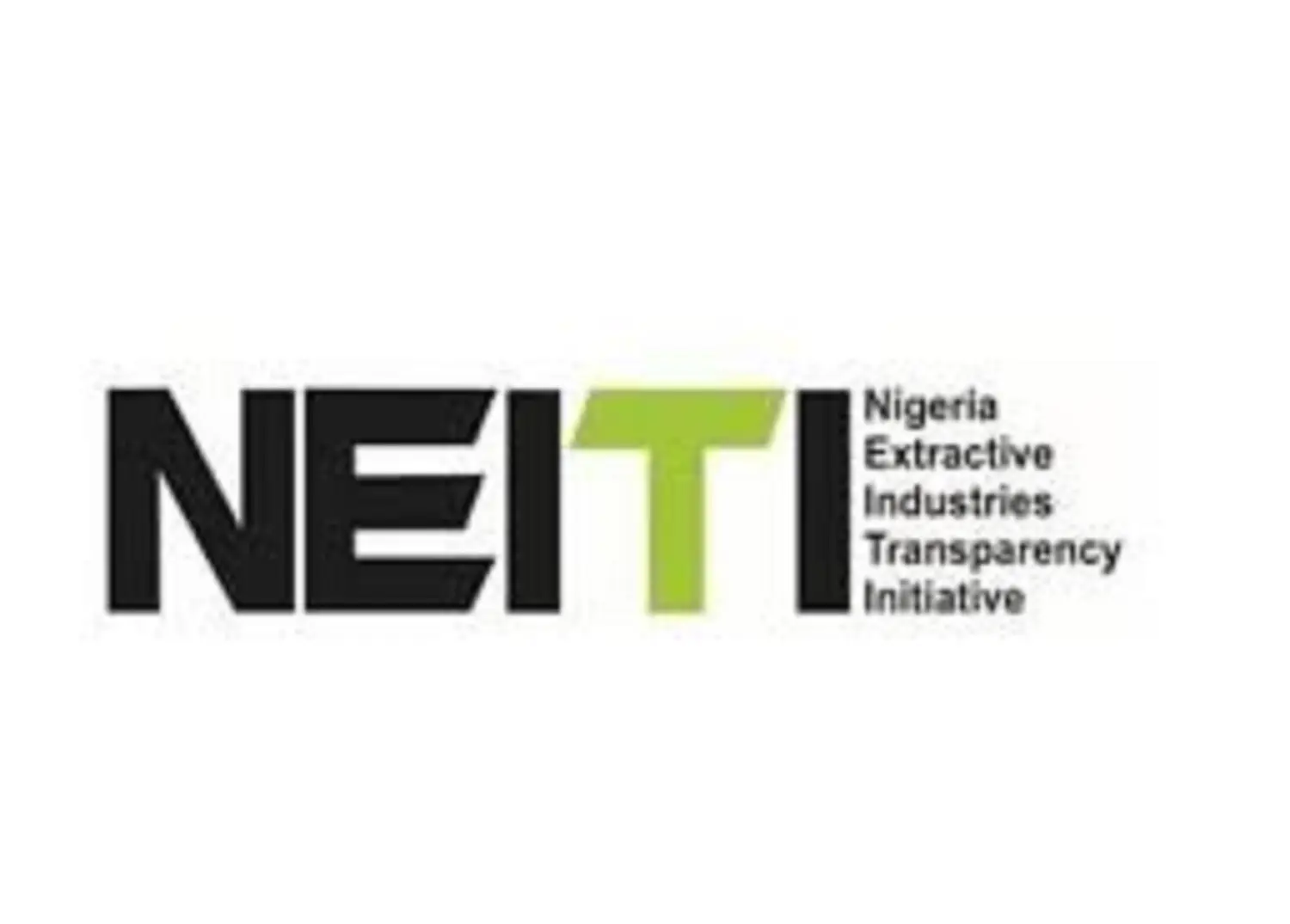
The Nigeria Extractive Industries Transparency Initiative (NEITI) has called for the elimination of multiple taxes in the solid minerals sector to attract sustainable investments capable of driving national development.
NEITI made the appeal at the 2025 Nigeria Mining Week held in Abuja, where its Executive Secretary, Orji Ogbonnaya Orji, emphasised the need for a harmonised, transparent, and predictable regulatory framework to strengthen investor confidence and promote long-term sectoral growth.
In a statement issued by Chris Ochonu, Deputy Director, Communications and Stakeholders Management, NEITI said that while progress had been recorded in the licensing process, issues of policy overlap and multiple taxation continue to discourage credible investors and constrain the sector’s performance.
“Nigeria’s mining sector stands at a defining moment, undergoing far-reaching reforms aimed at repositioning it from a largely informal and underperforming space into a cornerstone of our economic diversification and energy transition strategy,” Orji said.
Citing data from NEITI’s 2023 Solid Minerals Industry Report, he noted that the sector’s contribution to Nigeria’s Gross Domestic Product (GDP) remains below 1 percent, despite a modest revenue growth from ₦339.57 billion in 2022 to ₦401.87 billion in 2023.
Orji said artisanal and small-scale mining operations accounted for over 80 percent of total production volumes but contributed less than 30 percent of royalties paid, a reflection of deep governance and structural gaps requiring urgent reform.
He commended the federal government for several ongoing reforms, including:
* Revocation of dormant licenses and deployment of Mining Marshals to tackle illegal mining.
* Launch of the Nigeria Mineral Resources Decision Support System (NMRDSS)for real-time geological and cadastral data.
* Integration of climate accountability and decarbonisation measures into mining operations under the Energy Transition Plan.
* Proposed review of the Nigerian Minerals and Mining Act (2007) to align with global best practices.
“These steps mark a clear policy shift from discretion to data, and from opacity to transparency. NEITI fully supports these reforms because transparency builds trust, and trust drives investment,” Orji stated.
He added that NEITI has evolved from an audit agency into a reform institution, reconciling company payments and government receipts to promote fiscal accountability across the extractive value chain.
Orji further disclosed that NEITI had completed a national study on the Impact of Energy Transition on Nigeria’s Oil-Dependent Economy, and developed a Policy Brief on Just Energy Transition and Climate Accountability Framework, outlining strategies for a transparent, inclusive, and fair transition to cleaner energy.
He also called for strategic investment in critical minerals such as lithium, cobalt, and manganese, to position Nigeria competitively in the global energy transition space.
Among his recommendations were:
* Streamlining fiscal and royalty regimes to eliminate duplication.
* Promoting local value addition and processing.
* Strengthening environmental, gender, and community development frameworks.
* Enhancing indigenous participation and protecting local jobs.
Earlier, the Minister of Solid Minerals Development, Oladele Alake, presented a status report on reforms initiated by the Tinubu administration to transform the mining industry and reposition it as a key driver of economic growth.
On the sidelines of the event, Orji also addressed a special mining forum organised by the Kaduna Mining Development Company, where he highlighted the role of sub-national mining firms in promoting transparency, investor confidence, and sustainable development.



